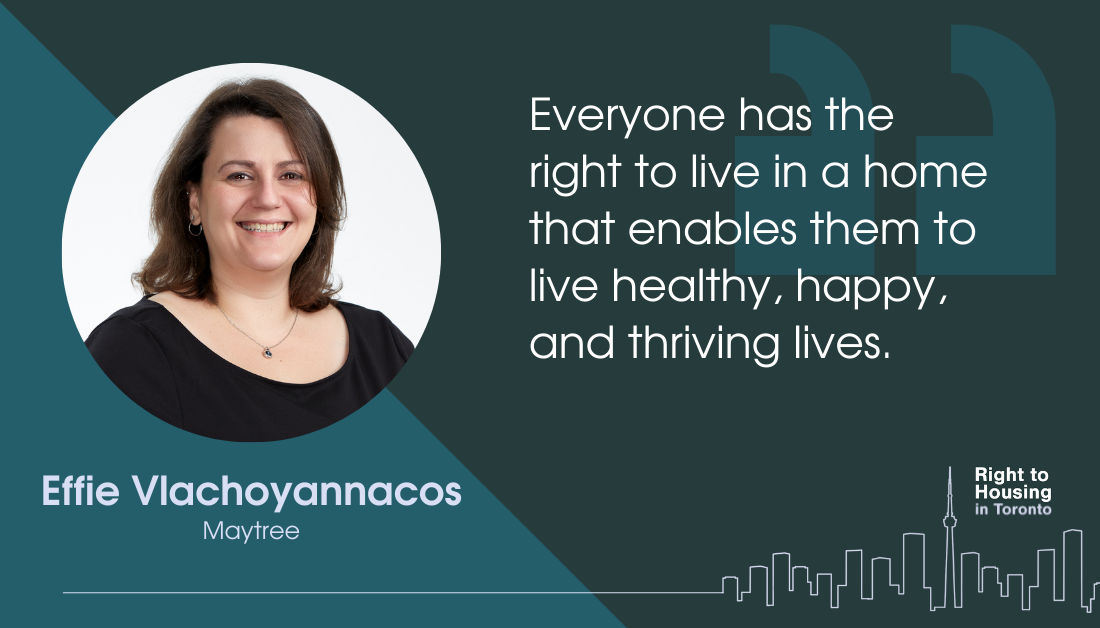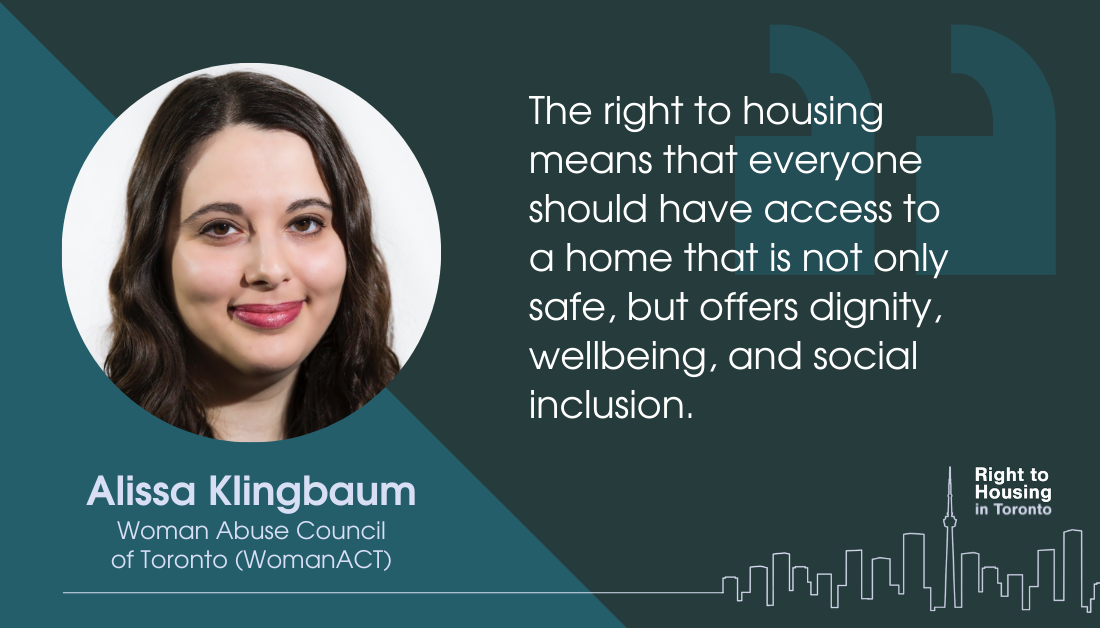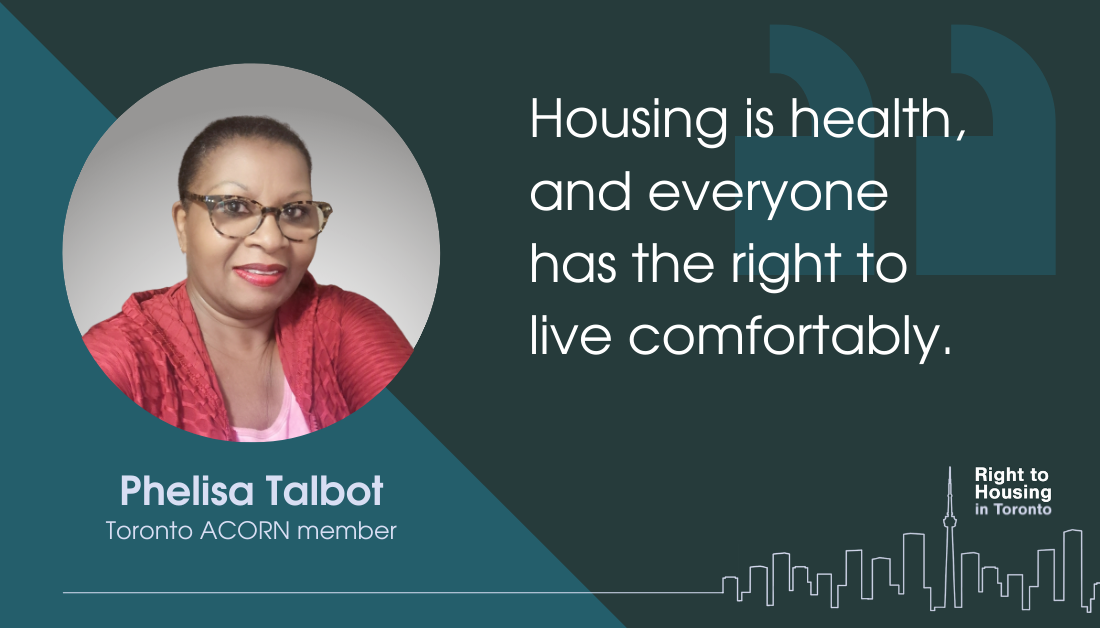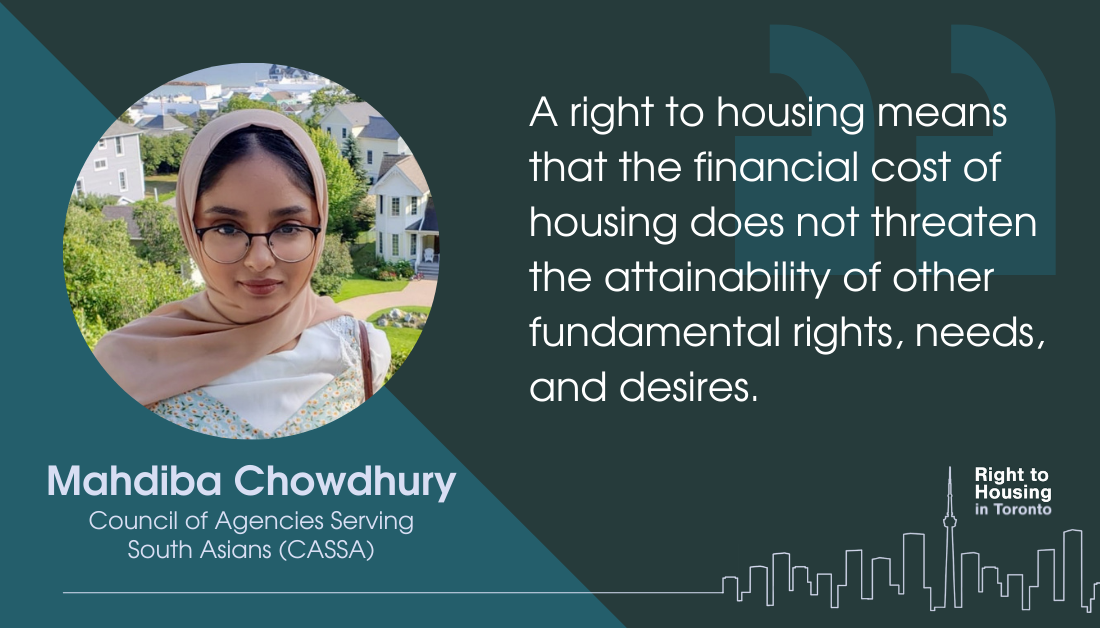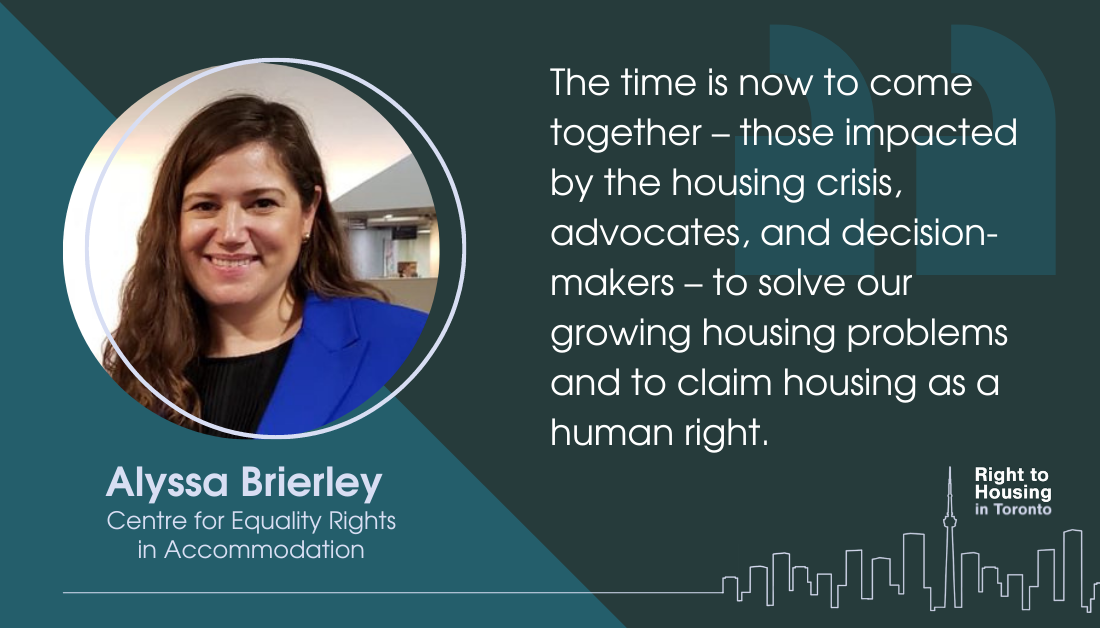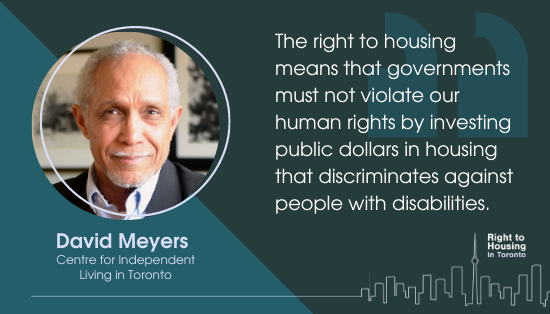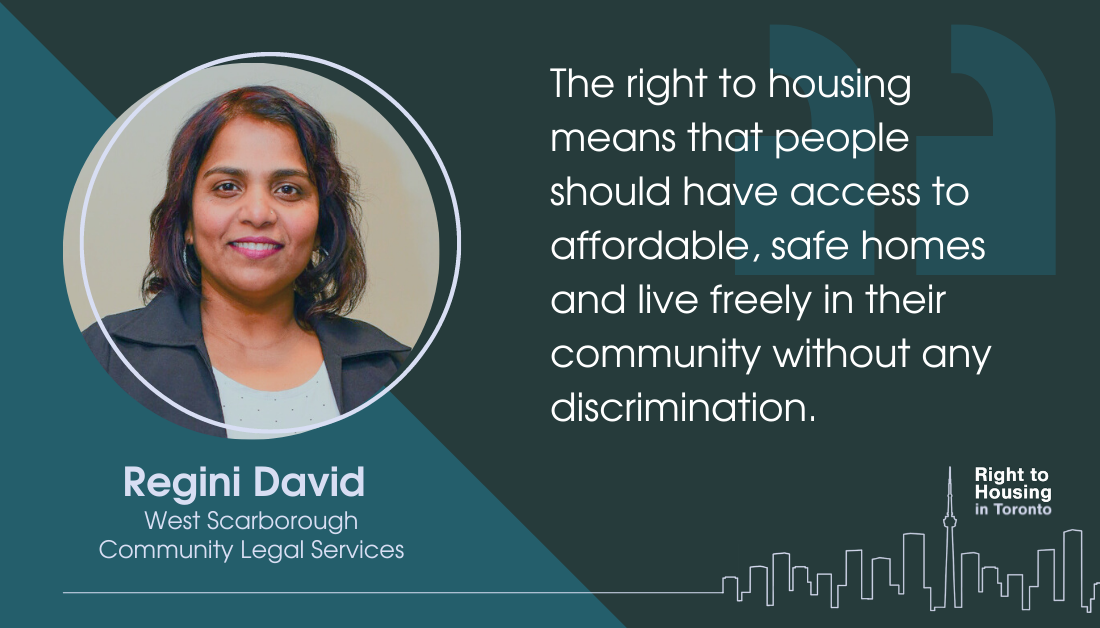The 2024 City of Toronto Budget commits historic new investments for affordable housing and supports for renters across the city, marking a significant departure from previous budgets focused on keeping property tax increases low and prioritizing homeowners over renters. R2HTO strongly supports the budget’s increased investments toward the preservation of affordable housing and protections for renters, which are critical to advancing the right to housing.
In particular, we are glad to see a significant increase in funding for MURA beginning this year (funded in part through dedicated funds from the federal HAF), which will expedite the acquisition and preservation of more affordable housing across the city. We are also encouraged by increased investments toward Toronto Rent Bank and TTSP, greater staff complements for EPIC and RentSafeTO, and additional federal funding for the COHB, all of which will help ensure low-income and other vulnerable renters can remain housed.
We commend Mayor Chow for demonstrating strong acumen around provincial and federal collaboration, securing much needed funding to meet the needs of Toronto residents. Additionally, we support the property tax rate increases, including for multi-residential properties, which will protect renters in rent-controlled units from untenable AGIs.
Notwithstanding these important investments and initiatives, there are a few key areas where the 2024 budget could have gone further to realize the right to housing for renters across the city.
Of critical concern is the lack of funding for renter support, education, and protection under the new MTH framework. This poses a significant risk of displacement and homelessness, considering that MTH’s provide some of the city’s most affordable housing to some of its most vulnerable residents. As the City prepares to roll out its new MTH framework in April, it should explore options to support renters, in addition to further engagement and education with MTH operators to discourage and mitigate potential MTH losses.
While we support the increased investments toward other renter support programs, they fall short of Mayor Chow’s election campaign commitments, which included tripling EPIC and doubling Toronto Rent Bank funding to meet the depth of need facing renters. In fact, as noted below, EPIC received less new funding in the 2024 budget compared to the previous year, while Toronto Rent Bank received the same level of new funding. Further, while additional staff for RentSafeTO will help increase capacity for unit assessments and repairs, the program could have a much greater impact through a more robust landlord licensing system.
With respect to affordable housing preservation, the Mayor previously committed $100 million annually toward an affordable housing acquisition program, whereas MURA will ultimately receive $100 million over three years. In addition to exploring options to continue scaling up MURA, the City must adequately monitor and report on its efforts toward housing preservation and development to ensure they are not contributing to the loss of existing affordable housing stock. Similarly, immediate action should be taken to expedite the launch of HART, including implementation of the Renovictions By-law and more effective monitoring and reporting on the Rental Demolition and Conversion By-law.
Year-Over-Year Comparison
While gaps remain in the 2024 City of Toronto Budget, it is worth examining some of its key housing-related commitments in relation to previous budgets, considering the significant shifts in approach toward taxation and spending.
| 2023 | 2024 | YoY $ | YoY % | |
| MTH | +$3.5 million1 | +$2 million2 | -$1.5 million | -43% |
| MURA | No new $ | +$41 million | +$41 million | +100% |
| EPIC | +$1.1 million | +0.9 million | -$0.2 million | -18% |
| Toronto Rent Bank | +$1 million | +$1 million | No change | No change |
| TTSP | No new $ | +$0.3 million | +$0.3 million | +100% |
| RentSafeTO | +$0.9 million | +$0.9 million | No change | No change |
| Residential tax rate increase3 Multi-res. tax rate increase4 | 7% 4.25% | 9.5% 3.5% | – | +2.5% -0.75% |
The 2024 budget marks a significant increase in housing-related investments compared to the previous year, with the additional $41 million for MURA comprising the vast majority of new and enhanced housing-related funding. While the 2024 budget also invests more toward TTSP, interestingly, there was a decrease in overall new spending for the MTH framework and EPIC, while new funding levels remained the same for RentSafeTO and Toronto Rent Bank compared to 2023, as noted above. Moreover, all MTH funding to date has been dedicated toward planning, licensing, enforcement, renovations, and repairs, with no funding allotted for renters.
Little progress was made in the 2024 budget to advance the launch of HART and implement the Renovictions By-law, following the introduction of those initiatives in the 2023 budget, aimed at supporting renters who have been evicted or are at risk of eviction. However, the residential tax rate continued to increase in the 2024 budget to adequately fund urgently needed city programs and services, while the multi-residential rate decreased compared to the 2023 budget, with a particular focus on protecting renters from AGIs.
Considering the concerning rate of affordable housing loss across the city, it is encouraging to see the 2024 budget prioritize the preservation of existing affordable housing through partnerships with the non-profit and Indigenous housing sectors. However, to meaningfully advance the right to housing and define itself in contrast to the previous administration, the new administration under Mayor Chow must also ensure that adequate supports are in place to keep renters housed affordably and sustainably.

